- Home
- slideshows
- miscellaneous
- 'Likely just the beginning': Here's what 6 experts are saying about what Trump's deadly Iran strike means for already-shaken markets
'Likely just the beginning': Here's what 6 experts are saying about what Trump's deadly Iran strike means for already-shaken markets
OANDA: "Gold will remain the favorite"

Wedbush: "We would be using this morning's weakness to buy"
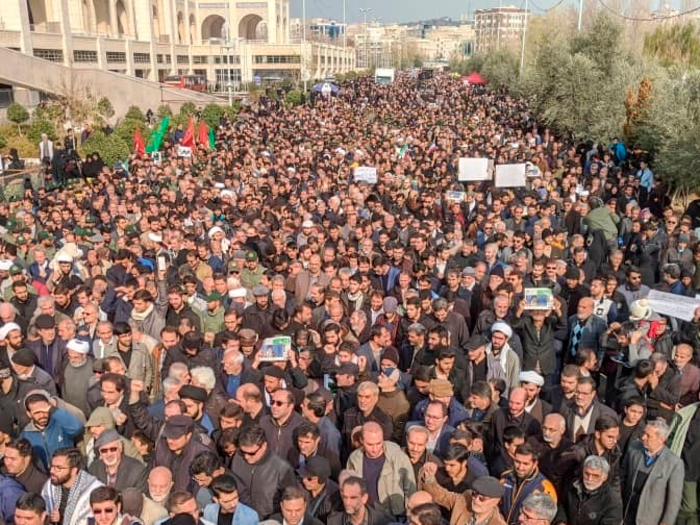
The dip in US stocks is a "golden buying opportunity" for investors looking to buy tech stocks while they're less expensive, Wedbush analyst Dan Ives wrote.
Tech stocks surged through 2019 in their best yearly performance of the decade, and Wedbush maintains its belief that the sector will surge higher in 2020 "despite last night's events."
"The set up for 2020 is set to be a robust one for tech stocks and we would be using this morning's weakness to buy our favorite secular growth plays for cloud (Microsoft), 5G (Apple), healthcare cloud (Nuance) and cyber security (CyberArk, Fortinet, Varonis, SailPoint, Zscaler) for the coming year," Ives wrote.
Capital Economics: "Significantly raised the chances of an outright conflict"
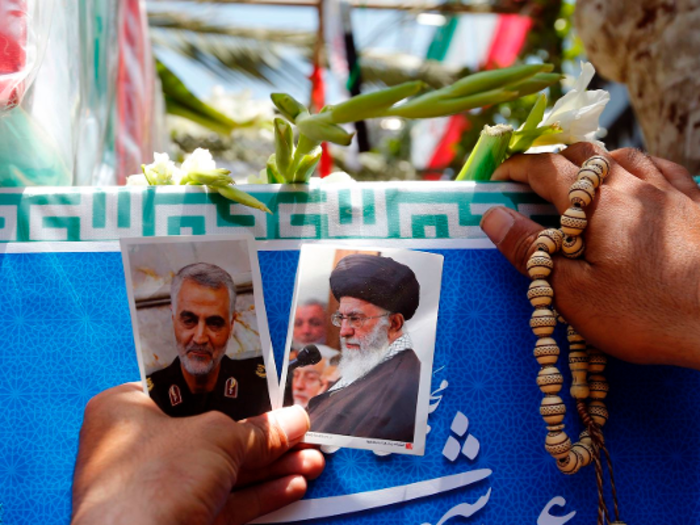
Soleimani's assassination "significantly raised the chances of an outright conflict between the US and Iran," Capital Economics said in a Friday note, and such a war would directly harm global gross domestic product.
A large-scale conflict and "resulting collapse in Iran's economy" could knock as much as 0.3 percentage points from global GDP, senior emerging markets economist Jason Tuvey wrote. The estimate is the same as Capital Economic's projection for the US-China trade war and its impact on global economic growth.
"The impact on the other [Middle Eastern and Northern African] countries would ultimately depend on whether they get directly caught up in the conflict," the economist added.
Tuvey also noted that Iran could retaliate by closing off the Strait of Hormuz and driving oil prices higher around the world. Developed nations would likely weather the storm, but emerging markets "would probably hike interest rates" to stave off payment strains and inflation threats, the economist said.
CIBC Private Wealth Management: "Investors should not overreact"
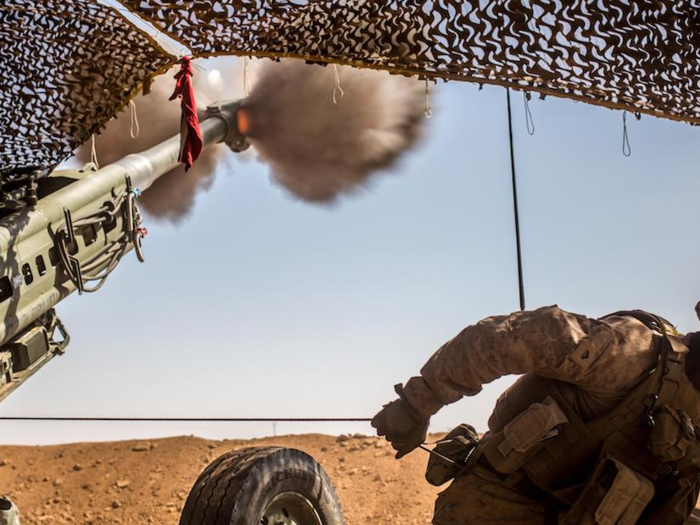
The stock market is hot off its best annual gain since 2013, and investors shouldn't regard the new geopolitical risks as a significant threat to the record-long bull run, David Donabedian, CIBC Private Wealth Management's chief investment officer, said.
"Iran does usually retaliate so the current situation brings rising uncertainty. But our view about this being a bull market has not changed," the CIO wrote. "Iran is something that must be watched, but investors should not overreact."
Donabedian pointed to the US inflation rate, monetary policy stance, and strong corporate earnings as signs of a healthy economy. He also cited the soon-to-be-signed US-China trade deal as a boon for the stock market.
UBS: "Retain a long-term focus"
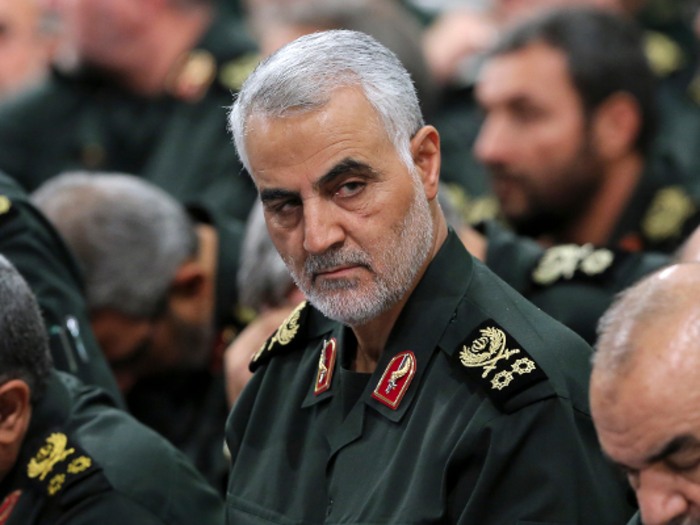
Past instances of sudden geopolitical uncertainty suggest Friday's market swings will be short-lived, UBS said. Investors should hold steady and not allow commentary around the Thursday attack to shift their strategies, according to the bank.
"Individual geopolitical risks tend not to be sufficient to drive a sustained downturn in markets, and it is important for investors to retain a long-term focus, in line with their broader financial plan," Mark Haefele, UBS's global chief investment officer, wrote.
The bank also told clients to not "expect a sustained oil price rally" and for gold to serve as "a good hedge against political uncertainty."
Pantheon Macroeconomics: "An array of smaller-scale activity is our core bet"
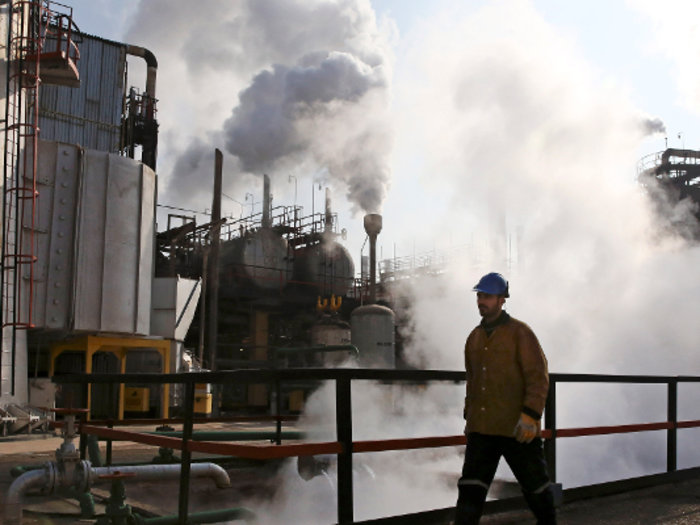
Iran's leadership is already considering "how, not whether" they will respond to the US attack, but a full-scale conflict is "unlikely," Ian Shepherdson, Pantheon Macroeconomics' chief economist, said in a note.
Sanctions imposed on Iran by the US have already crippled the nation's economy, and Iranian officials will likely stay away from any action that would plunge the two nations into war, the economist added.
Instead, Iran will turn to oil infrastructure if it looks to retaliate against the US, Shepherdson said. The country could also use kidnappings, assassination attempts, and other smaller-scale actions to escalate tensions, but the fresh fears of large-scale conflict will push oil prices higher, he noted.
"We can't rule out some sort of grand-scale attack, but an array of smaller-scale activity is our core bet," the economist wrote. "The risk that something bigger will trigger a real war, however, likely will put a premium on oil prices for the next few months, at least."
Now read more markets coverage from Markets Insider and Business Insider:
AMD leaps to its first record high in nearly 2 decades
Trump's tariffs are driving job losses and production cost hikes, the Fed says
Popular Right Now
Advertisement